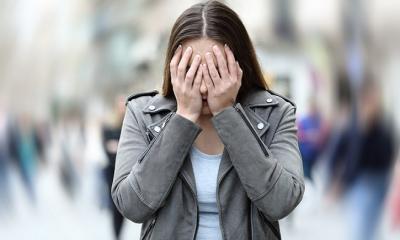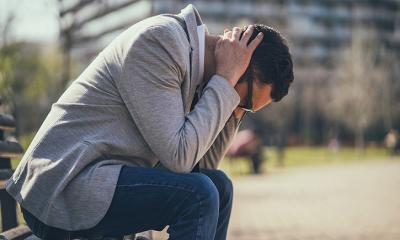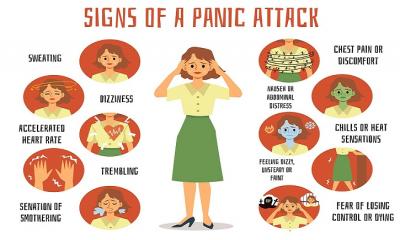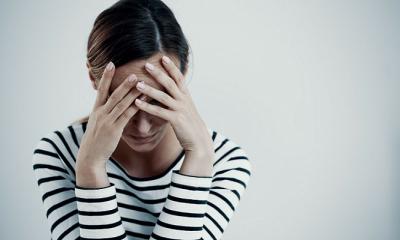
How to relieve Stress During the Coronavirus Pandemic
- Womenscorner Desk
- June 29, 2020
We are a nation physically separated from each other but united by stress and worry when it comes to our health and that of loved ones. Every day, we head into battle, working to keep our homes stocked with food and other needed items, strategizing about money, and trying hard not to focus on the uncertain future.
Not surprisingly, many of us are also scared, frustrated, grieving, and quite likely, anxious. In a nationally representative CR survey of 2,164 U.S. adults conducted between April 2 and 14, 76 percent of Americans said they were extremely or very concerned about the widespread transmission of COVID-19 the disease caused by the coronavirus in the U.S. and an additional 17 percent were moderately concerned.
Also, in an American Psychiatric Association-sponsored survey of 1,004 American adults, taken in mid-March, 57 percent of people reported being worried about running out of supplies and 68 percent about the pandemic's long-term economic effects.
It may help to know that this anxiety so many of us are feeling is a response to stress, a situation we perceive as dangerous, challenging, or unfamiliar. In an acutely stressful circumstance, like when a car is barreling toward you, your body goes into fight-or-flight mode, spurring you to quickly jump out of the way.
This is thanks to a rapid increase in stress hormones like epinephrine and cortisol, which cause your heart rate to speed up and your breath to come faster, as your body prepares to react.
“Some stress response is normal,” says Dana Rose Garfin, Ph.D., assistant adjunct professor at the Sue & Bill Gross School of Nursing at the University of California at Irvine, who studies how negative health events and community disasters affect health. “It reminds you to be on guard leaving the house, to remember not to touch your face. You want that to kick in.”
But when stress is constant, as it is for many people right now, it can lead to constant activation of the fight or flight response, which in some people, can hike the risk of an anxiety disorder.
Both may cause shortness of breath, chest pain, heart palpitations, nagging worry about the future, agitation, restlessness, trouble sleeping, weight gain, and ruminating rolling the same thoughts over in your mind repeatedly. These negative effects can be debilitating for anyone, but especially for those who already have a mental health issue like an anxiety disorder, who may experience them more intensely.
Though stress and anxiety may seem inescapable at the moment, all the experts we spoke with said you can take steps to reign them both in. "You can learn resilience,” says Shevaun D. Neupert, Ph.D., a psychology professor at North Carolina State University. But in the current situation, experts say, you may need to think slightly outside the box. “It’s important to recognize that our lives are very disrupted right now, and your tried-and-true coping strategies may not work. Be okay with that and look for new ones,” Neupert adds.





